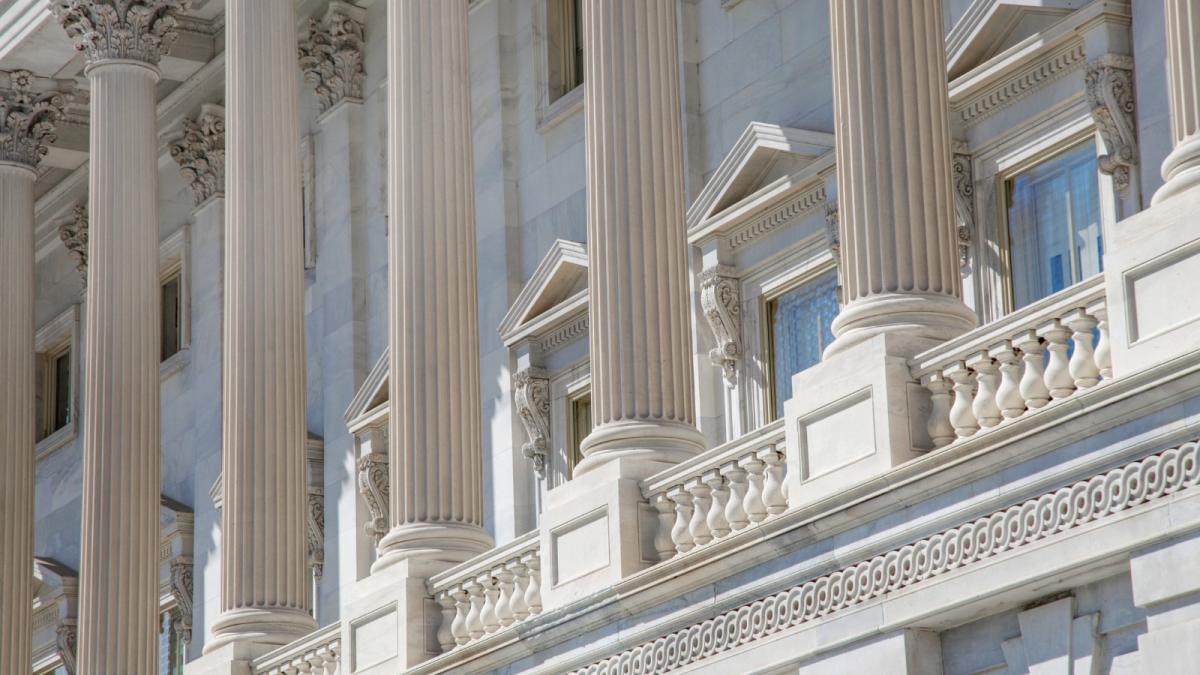Tax Season Resources

Tax season is here, and the Internal Revenue Service encourages all taxpayers to prepare well and be aware of all significant changes before filing this year’s taxes. For a full, up-to-date recap of what you need to know when filing your 2025 tax returns, visit the Tax Time Guide located on the IRS website.
If you’re planning to file your own taxes, here are a few options:
• IRS Free File, available through IRS.gov, offers eligible taxpayers brand-name tax preparation software packages to use at no cost. Some of the Free File packages also offer free state tax return preparation. The software does all the work of finding deductions, credits and exemptions.
• Free File Fillable Forms can be used by taxpayers who are comfortable preparing their own taxes either by mail or online.
• Direct File is an option for taxpayers to file federal tax returns online—for free—directly and securely with the IRS. Direct File is a filing option for taxpayers in participating states who have relatively simple tax returns and report only certain types of income and claim certain credits and deductions. Learn more at the link here: IRS Direct File.
• MilTax is a free tax resource available to the military community, offered through the Department of Defense. MilTax includes tax preparation and electronic filing software, personalized support from tax consultants, and current information about filing taxes. It is designed to address the realities of military life—including deployments, combat and training pay, housing and rentals, and multi-state filings. Learn more at the link here: MilTax.
• VITA and TCE. The IRS's Volunteer Income Tax Assistance (VITA) and Tax Counseling for the Elderly (TCE) programs offer free basic tax return preparation to qualified individuals. To locate the nearest VITA or TCE site, use the VITA Locator Tool or call 800-906-9887.
If you can't get an answer from a federal agency in a timely fashion, or if you feel you have been treated unfairly, our office may be able to help resolve a problem or get you the information you need. While we cannot guarantee you a favorable outcome, we will do our best to help you receive a fair and timely response to your problem. Please call our Pine Bluff office at 501-609-9796 for more information on how Team Westerman can help.